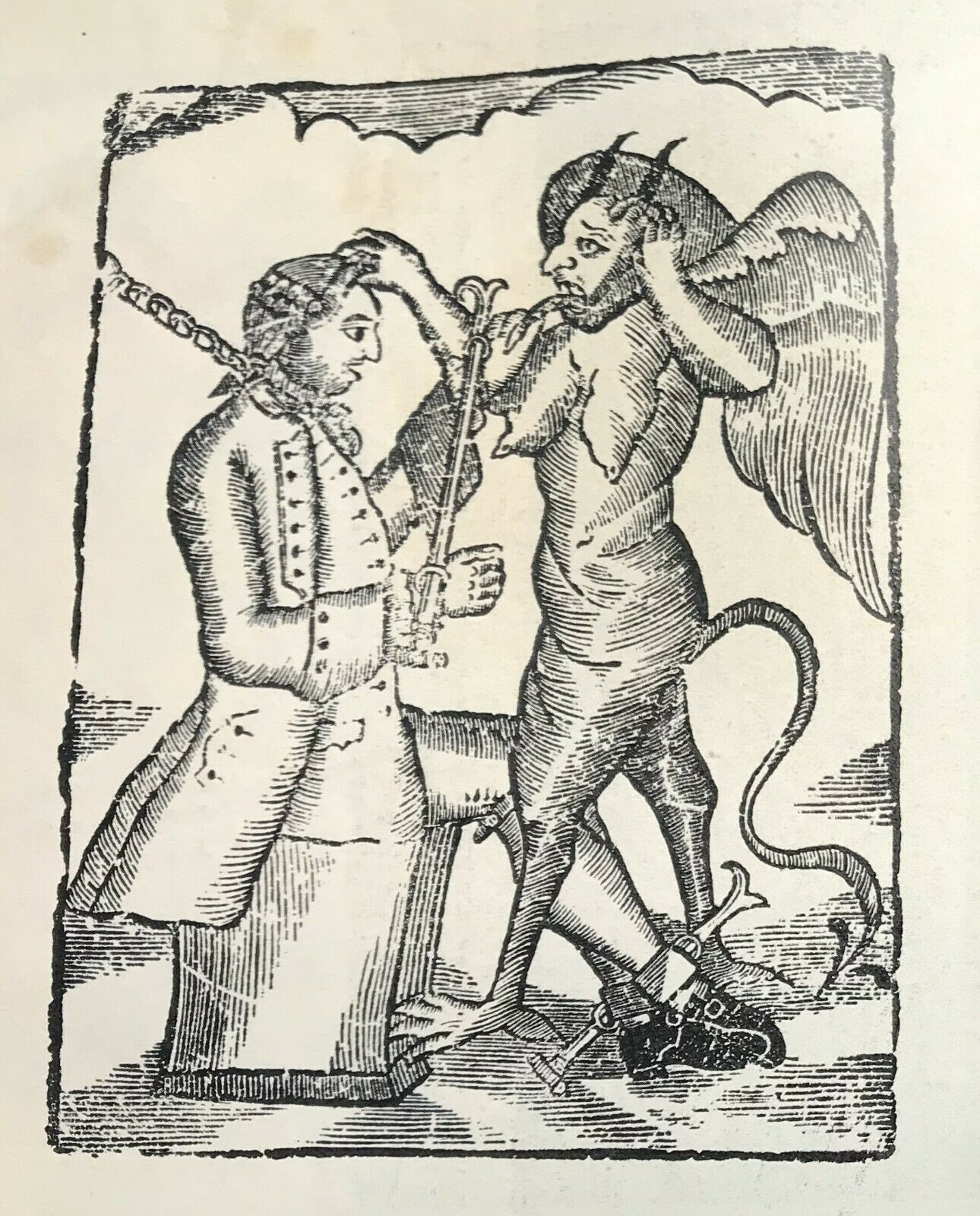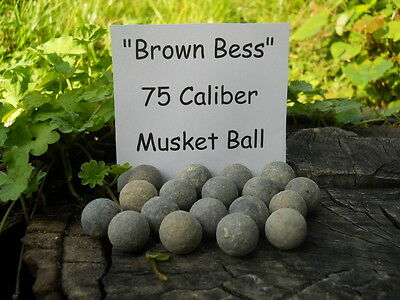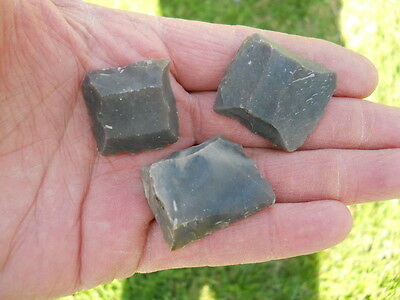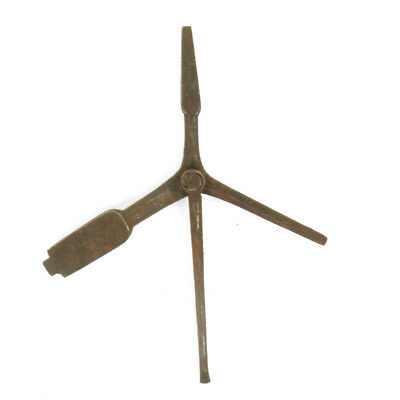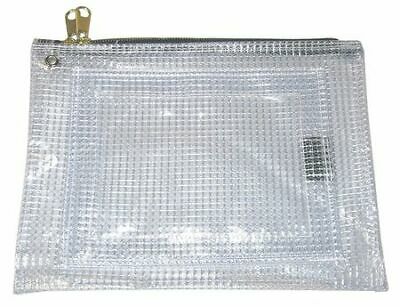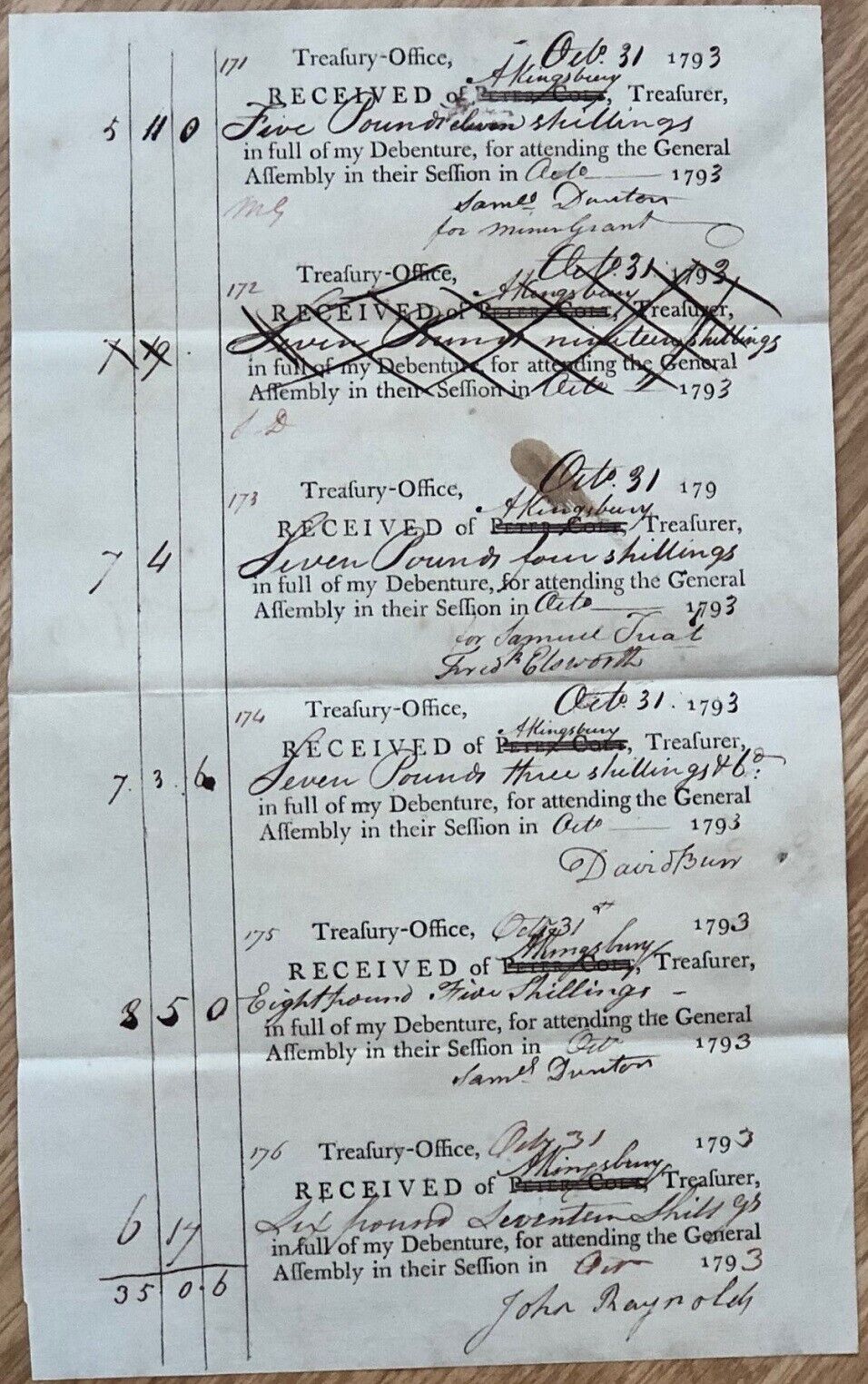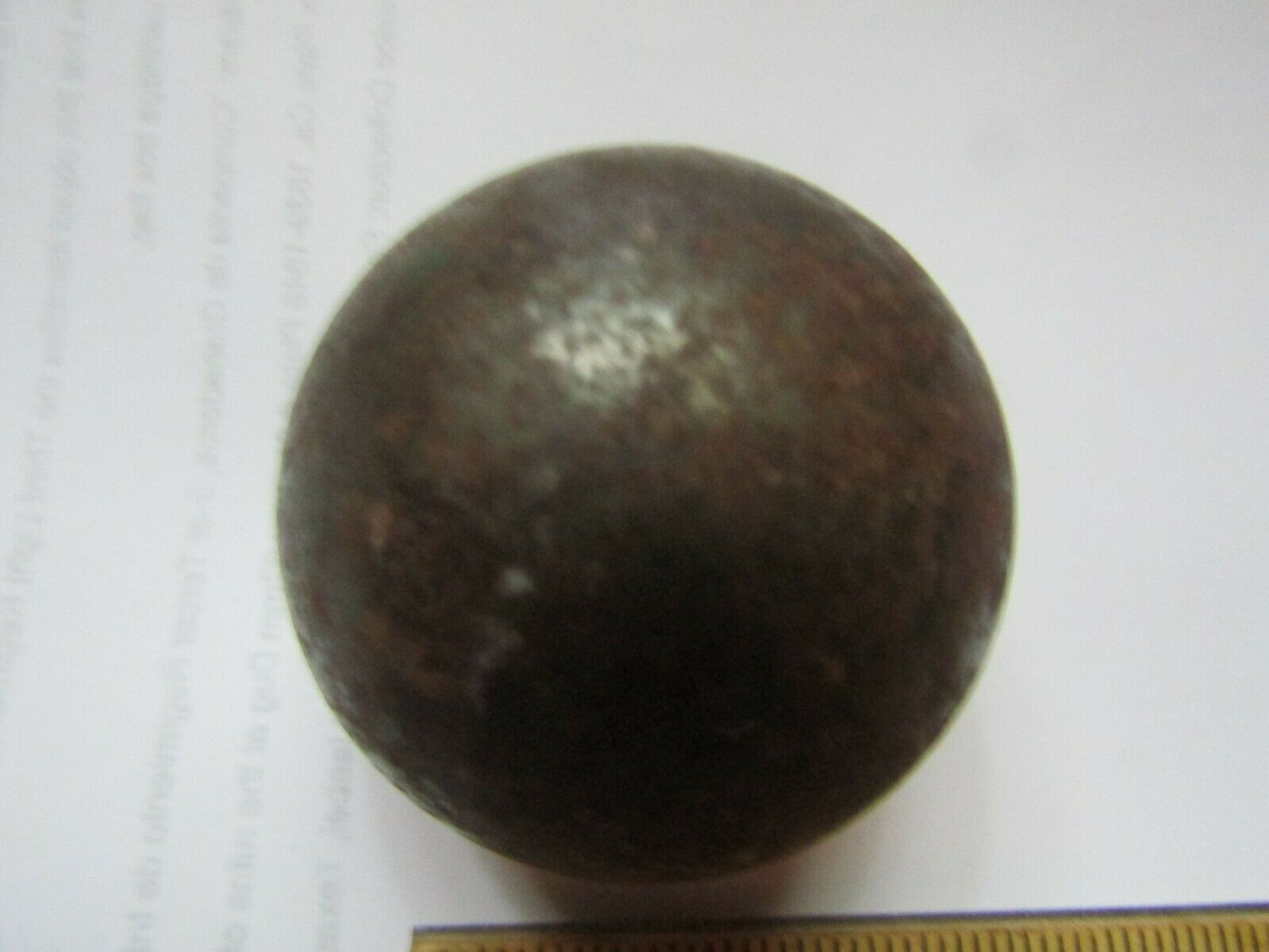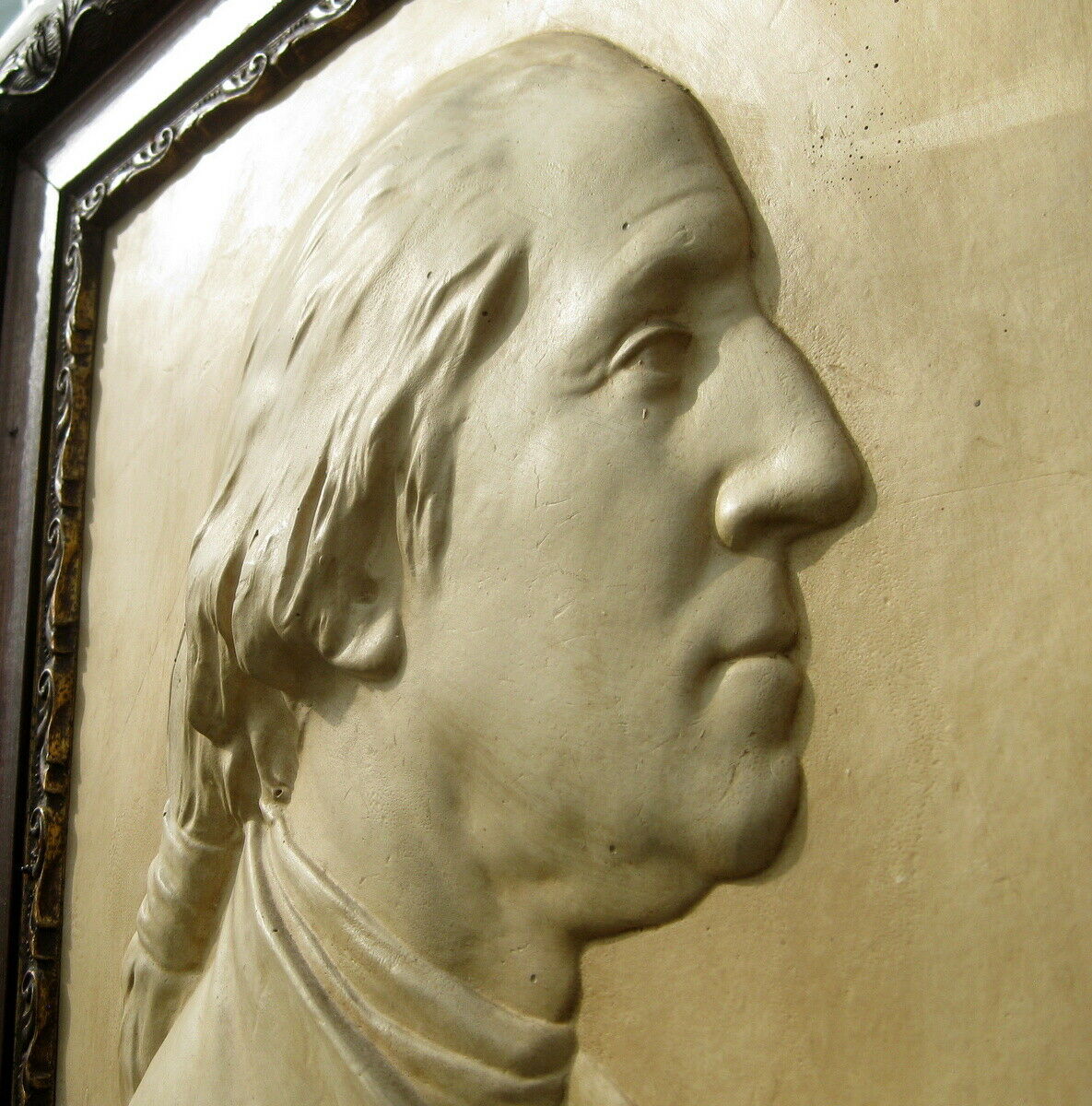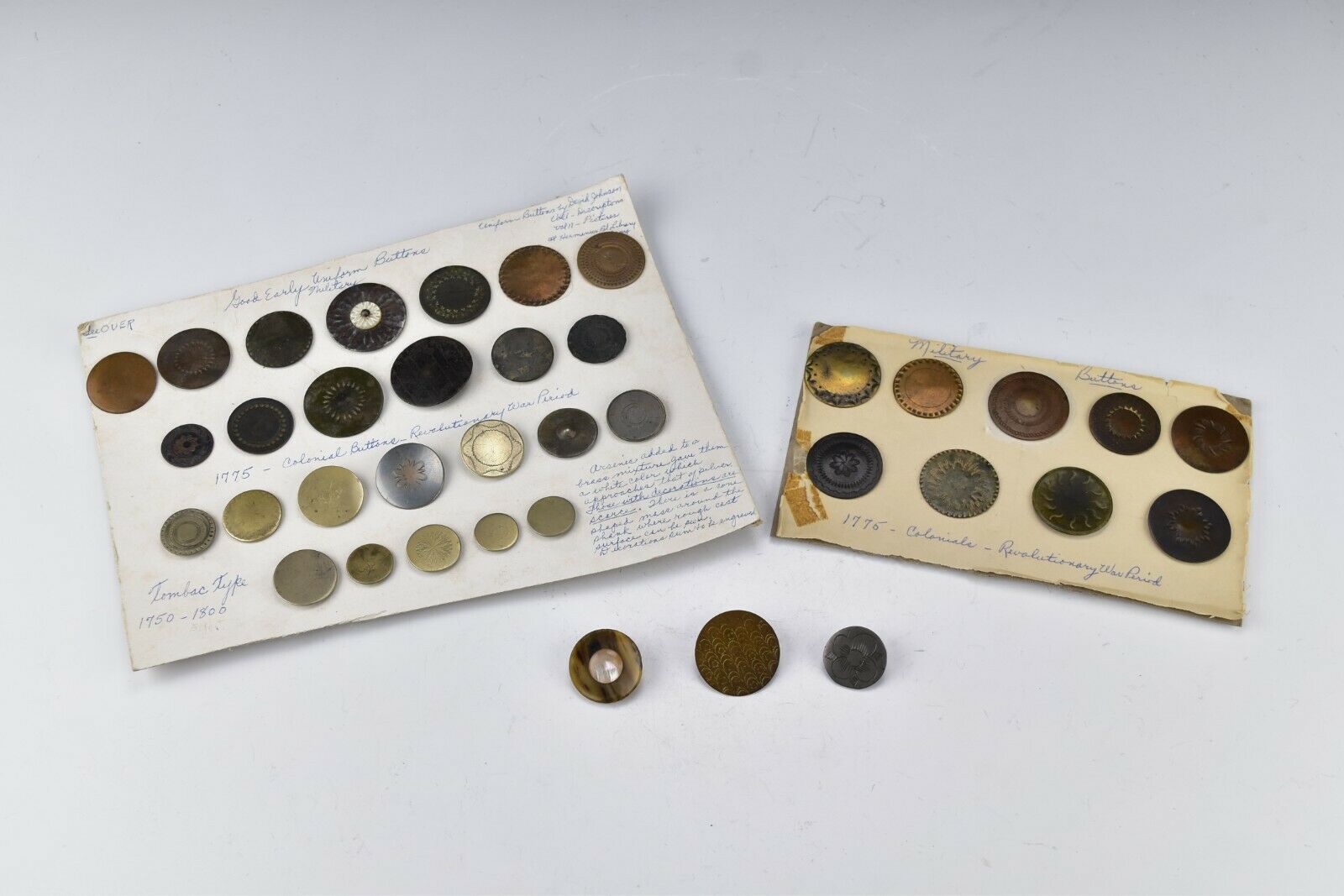-40%
Original 1750's American Revolutionary Christopher Sower Hand Carved Woodblock
$ 765.6
- Description
- Size Guide
Description
Historically Significant1750's Museum Quality
Christopher Sauer/Sower
Printing Wood Block
1750's.
I am offering in this Buy It Now listing a very rare opportunity to acquire a very early Colonial American
mid
18th century (1750's) hand engraved
printing woodblock of
The Devil and the Statesman"
in leg restraints with the Statesman pulling the Devil's tongue as I am sure this action is allegorical but I do not know what this implies.
This historically significant and very iconic woodcut image was used in one of the Sower/Sauer bibliographic publications or single sheet broadsides during the (Pre) American Revolutionary period. The woodblock itself is of a very hard and vitreous wood with minor chips and material loss at the border or rims of the woodblock. The wood block measures 4 inches by 6 inches and nearly an inch in thickness. The original woodcut proofs hand proofed by Muir Dawson in the 1990's at his home in Silverlake, California shown in the listing and are included in this sale. The woodblock was also attributed by Mr. Dawson, a venerable Los Angeles bookseller specializing in printing history and especially early printing wood blocks.
This absolutely unique museum printing artifact is guaranteed authentic and to originate from the early American printing stock of the American printer Christopher Sower of Germantown, Pennsylvania and used in his mid 18th century printing publications and broadsides. There is a no questions asked, lifetime guarantee of authenticity return policy. Global shipping is included in the sale with full coverage insurance both ways.
Christopher Sower (younger)
From Wikipedia, the free encyclopedia
Jump to navigation
Jump to search
Title page from
Christopher Dock
's
Schul-Ordnung
, printed and published by Christopher Sower
Christopher Sower
(20 September 1721 in Laasphe, near
Marburg
,
Germany
– 4 August 1784 in
Methacton, Pennsylvania
) was a clergyman and printer.
Contents
1
Biography
2
Family
3
See also
4
Notes
5
References
Biography
[
edit
]
His father, also named
Christopher Sower
(I), had founded a printing and publishing business and other enterprises in
Germantown, Pennsylvania
, which the son later continued. Christopher Sower II was liberally educated. His early education was by
Christopher Dock
, whose work “Eine Einfältige und gründlich abgefasste Schul-Ordnung” he later published. Sower learned the printing and publishing trades from his father.
[1]
When he was 26 years old, he became a minister, and was associated with Sanders Mack in Germantown and the oldest
Dunker church
in the
United States
. Five years later, he was chosen overseer, or bishop, and continued the duties of his office in connection with his inherited secular business until his death.
Upon taking charge of the printing and publishing business, he so increased it that for many years it was the largest book manufactory in the country. In 1763, he published a second edition of the great quarto
Bible
, in 1776 a third, all in
German
. These editions were issued previous to the publication of the first
English
Bible in the colonies by
Robert Aitken
in 1781.
Sower did his own
type founding
,
wood engraving
,
ink
making and
book binding
. In 1773 he constructed a
paper mill
on the
Schuylkill River
.
[2]
He also managed a large business in his father's
medical preparations
, which he sent to various parts of the country. Before the
American Revolutionary War
, he was one of the wealthiest men in the
Thirteen Colonies
.
[2]
He was one of the founders of the
Germantown Academy
, to which he largely contributed. He also was an
opponent of slavery
.
In 1774, without legal formality, he turned over his house in Germantown and his printing business to his son
Christopher
.
[3]
During the
American Revolutionary War
, when British troops occupied Germantown, part of the unbound sheets for Sower's Bible edition of 1776 was seized and used for littering horses. Though, along with many other German sectarians (these included
Quakers
,
Mennonites
,
Schwenkfelders
,
Moravians
and his own sect, the
Dunkers
),
[1]
Sower was merely a pacifist, his son was an active loyalist, and the Sowers were on the rebels' list of loyalists.
[2]
When the British troops departed Philadelphia, the son left with them, but the father stayed behind during the rebel occupation. Though Christopher Sower II did not espouse the British cause, and had actively denounced the
Stamp Act
which doubly taxed foreign publications,
[2]
he was arrested and imprisoned. On a second arrest for not conforming to an edict, of which he seems to have been ignorant, he was taken from his bed, maltreated in various ways, and led before the provost as a spy. His considerable property was confiscated, but instead of having recourse to the law, he said: “I made them to understand that I should permit everything to happen to me that the Lord should ordain.” Sower's one protest was against being labeled a traitor.
[1]
The remainder of his old age was spent, except when visiting churches within his jurisdiction, at Methacton, where, assisted by his daughter, he supported himself at binding and selling remnants of his publications. He died in poverty. No one in his denomination has been held in higher veneration, and his benevolence to the poor families of the soldiers earned him the title of the “bread father.” He was also an
orator
, and his reputation as a writer extended throughout the colonies.
Family
[
edit
]
He married Catharine Sharpnack in 1751. They had nine children. She died in 1777.
[1]
In 1888, Christopher the younger's great grandson
Charles Gilbert Sower
incorporated the family firm as the Christopher Sower Company with a charter from
Pennsylvania
.
See also
[
edit
]
German American journalism
Notes
[
edit
]
^
Jump up to:
a
b
c
d
George Harvey Genzmer (1935). "Sower, Christopher (September 1721 - August 26, 1784)".
Dictionary of American Biography
. New York: Charles Scribner's Sons.
^
Jump up to:
a
b
c
d
John B. Frantz (1999). "Sower, Christopher, II".
American National Biography
(online ed.). New York: Oxford University Press.
doi
:
10.1093/anb/9780198606697.article.0100845
.
(subscription required)
^
James O. Knauss (1935). "Sower, Christopher (January 27, 1754 - July 3, 1799)".
Dictionary of American Biography
. New York: Charles Scribner's Sons.
References
[
edit
]
Wilson, J. G.
;
Fiske, J.
, eds. (1900).
"Sower, Christopher"
.
Appletons' Cyclopædia of American Biography
. New York: D. Appleton.
Rines, George Edwin, ed. (1920).
"Sower, Christopher"
.
Encyclopedia Americana
.
